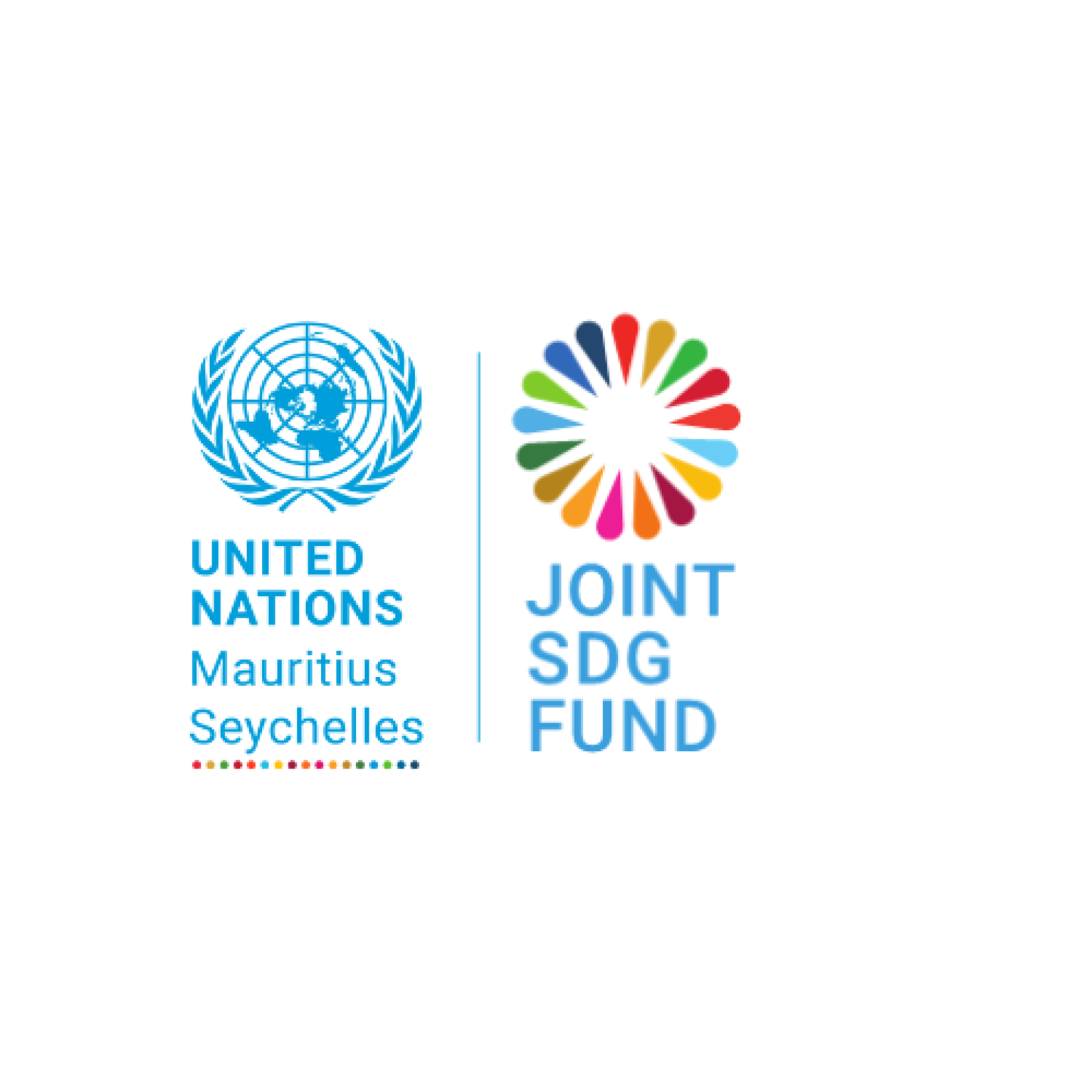29 July 2022, InterContinental Hotel, Balaclava: Today representatives from the United Nations and government officials from Mauritius and Seychelles launched a significant UN Joint SDG Fund project to advance the countries’ green and blue economy agenda. The two-year project is entitled “Contributing to establishing an enabling environment to promote sustainable Green and Blue Economy in Mauritius and Seychelles”. The project will be implemented by UNEP, UNDP, UNECA, ILO, IOM, and UNFPA.[1]
Speaking on at the launch of the project were:
UNEP Acting Deputy Executive Director, Ms. Sonja Leighton-Kone. She highlighted:
Mauritius and Seychelles are connected by their island heritage, and today by their efforts to pioneer innovative solutions to today’s global crises as they are on the frontline of the planetary emergency.
Resident Coordinator for Mauritius and Seychelles, Ms. Christine N. Umutoni emphasized:
“We have less than 9 years to ensure the implementation of the SDGs…As countries rebuild from the pandemic, we need to ensure that the SDGs are the compass so that we can ‘build back better’ for a more sustainable and inclusive society.”
Government ministers representing their countries were:
The Hon. Flavien Joubert, Minister for Agriculture, Climate Change and Environment in Seychelles who spoke about the significance of the Joint SDG Fund project to contribute to the Blue Economy that waste management in one country impacts other parts of the world by promoting a circular economy model “we can turn waste into money”.
The Hon. Georges Lesjongard, Minister of Energy and Public Utilities in Mauritius emphasized the need for Small Island Developing States (SIDS) to take “dynamic, creative, and sustained action” to address the climate crisis. He also thanked the Joint SDG Fund for its support for ocean renewables.
In Mauritius, the focus of the project is on renewable energy as the country is heavily reliant on fossil fuel imports for its energy use with only 23.9% of its electricity produced from renewable sources, namely hydropower, bagasse, onshore wind, and solar. To reduce its dependence on fossil fuels imports, meet its international commitments on climate change and develop new economic pillars, the Government of Mauritius announced in its Budget statement 2021-2022 that it will revise its renewable energy target from 40% to 60% by 2030. The Joint SDG Fund will support the country in creating an enabling environment for achieving the target with support to ocean renewable energy technologies. Importantly the Joint SDG Fund will address inequalities related to women, girls, and youth participation in the renewable energy sector.
In Seychelles, the focus is on solid waste management (SWM), which poses a significant challenge to the country. An average amount of 80,000 tons of waste is generated every year with the primary landfill expected to reach full capacity by 2025. Faced with the problem of scarcity of land, Seychelles will need to adopt a sustainable SWM system. To address this problem the Fund will support the government to promote a circular economy to reduce the amount of waste flowing to the landfill along with a financing strategy and strengthen the partnership between the public and private sectors.
After the official launch, a high-level panel discussion on COP27 was held to highlight the expectations of both Mauritius and Seychelles for this forthcoming global UN Climate Change Conference. This was an opportunity to brainstorm strategies to build resilience to climate change bearing in mind that Small Islands Developing States (SIDS) like Mauritius is on the frontlines of climate change as they feel the impacts first and most severely.
Joint SDG Fund: It is a multi-party trust fund aimed at getting the world back on track to achieve the SDGs. To date it has funded 200 joint programmes focused on integrated social protection or SDG finance, it has stimulated over 1,000+ partnerships working together alongside the UN to support the SDGs and it has tested over 300 innovative solutions to accelerate the 2030 Agenda.
[1] UN agency acronyms: United Nations Environment Programme (UNEP), United Nations Development Programme (UNDP), United Nations Economic Commission for Africa (UNECA), International Labour Organization (ILO), International Organization for Migration (IOM), United Nations Population Fund (UNFPA).








